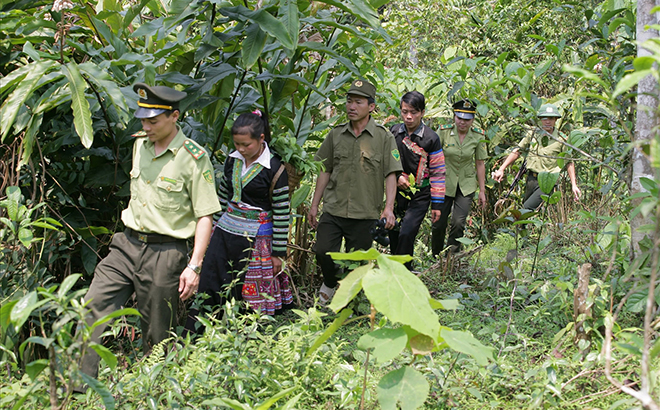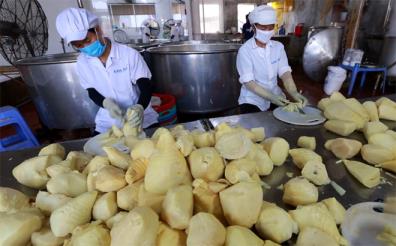Forest protection handed over to people of Yen Bai
- Thursday, May 5, 2022
YBO - Along with measures in “closing the forest”, the Yen Bai provincial government has assigned the key task of forest protection to local people through a policy of paying them to provide forest protection services.

|
|
Leaders and officials from the Van Chan District Forest Protection Department and local people inspect forest protection efforts.
|
Other news

In 2024, Nghia Lo Town developed seven new products meeting the 3-star OCOP standard and reevaluated seven products after three years of certification.

Yen Bai develops comprehensive transportation infrastructure, prioritizing projects that connect national highways with the Noi Bai - Lao Cai Expressway, regional linkage projects, and those connecting Yen Bai province with localities in the Northern Midlands and Mountainous region. The focus is on key projects and several important regional and inter-regional connecting roads. As of now, the transportation infrastructure system in Yen Bai has achieved significant progress.

The global Halal market is valued at approximately USD 5 trillion annually, with a strong demand for cinnamon and tea products. This presents significant export opportunities for Yen Bai Province.

In 2024, Yen Bai City achieved vocational training for 2,259 individuals, exceeding the target of 1,790 by 115%. Of this total, 578 people were trained at the college level, achieving 125% of the assigned target of 461.



